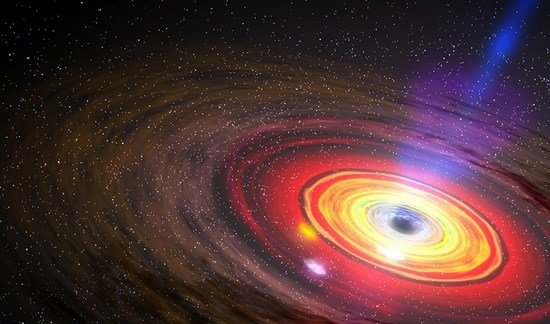Discovery of the Early Ranges of the Big Bang )
)
BICEP2 made headlines in March when it claimed to find evidence of our rapidly evolving universe after the Big Bang, causing ripples in the structure of the universe. In September, serious doubts arose on these findings.BICEP2 (Background Imaging of Cosmic Extragalactic Polarization) uses an Antarctic telescope for the remaining light portion of the Big Bang, called a cosmic microwave background (CMB). This extremely difficult pattern of light can show how the universe evolved soon after the Big Bang and this expansion created gravitational waves or ripples in space and time.
In September, scientists working with Planck's satellite (ESA), which also use the CMB, show what BICEP2 interpreted as the pattern of light could be more than gas and dust in the Milky Way galaxy. The greatest cosmological findings of the 21st century seem to collapse.
Now, BICEP2 and Planck will directly compare their data, trying to make a more definitive statement about this result. It is still possible what BICEP2 found to be true.* BICEP2 (Background Imaging of Cosmic Extragalactic Polarization)